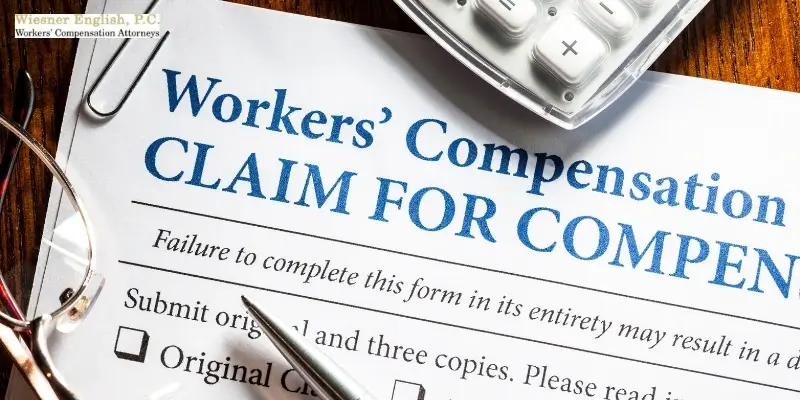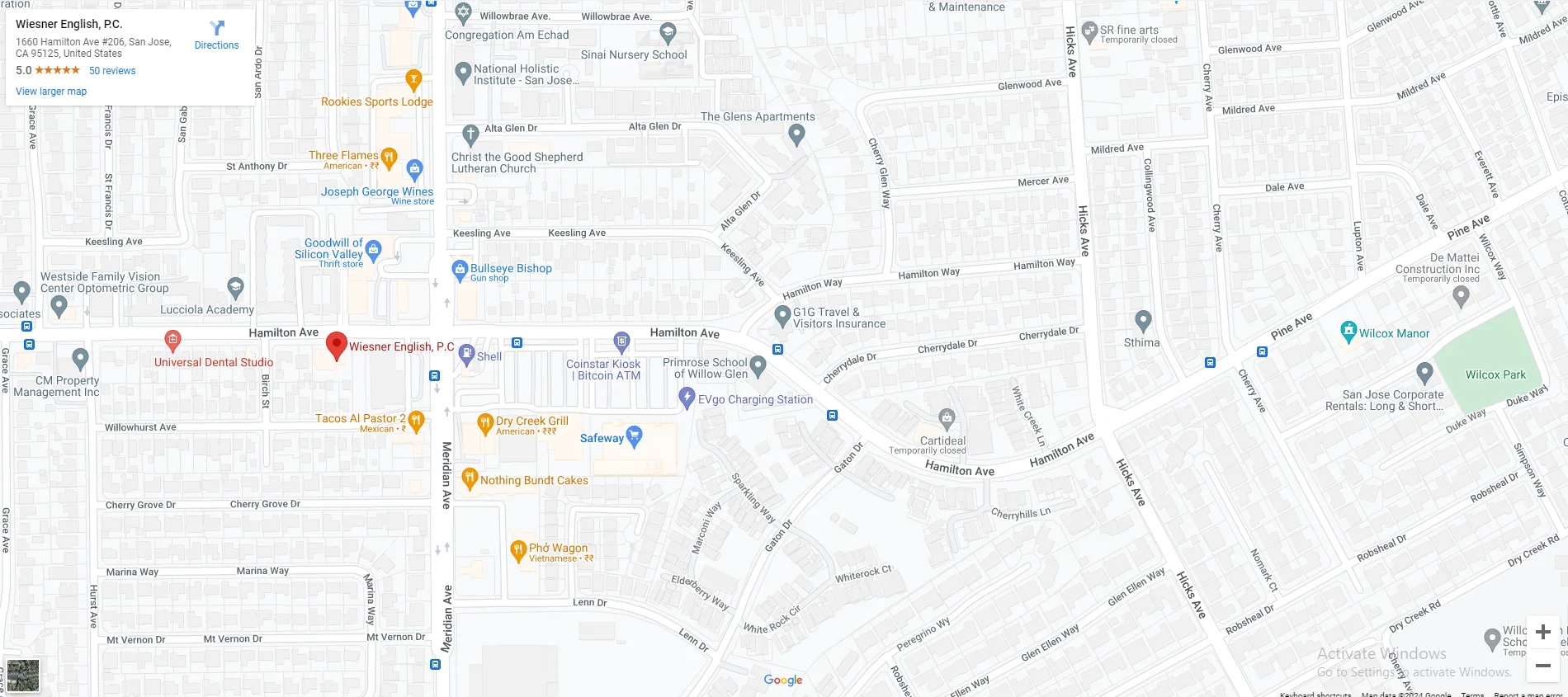Should I Accept My First Workers’ Compensation Offer in California?

Work Injuries can happen at any time in different work settings. California’s workers’ compensation laws require coverage for injured workers, including payment of medical expenses and lost wages after a workplace injury. Following approval of a workers’ compensation claim, you may ask yourself, “Should I accept my first workers’ compensation offer in California?”.
California Workers’ Compensation Explained
Your employer may provide a detailed guide to your workers’ compensation benefits at the start of your employment. All California employers are required to carry workers’ comp insurance.
Workers’ compensation is a benefit that protects an employee’s wages and job following an eligible workplace injury or illness. An eligible workplace injury results from an incident that occurs at a place of work or while performing work duties. An eligible illness may include a medical condition that develops as a result of repetitive actions, processes, or exposures at work.
To receive benefits, an employee must go through a series of steps, including reporting their injury to their employer, receiving adequate medical treatment from a qualified medical professional, and submitting a workers’ compensation claim.
Upon approval, benefits may include coverage of medical expenses, job security while out on injury leave, partial payment for loss of wages, burial expenses, and death benefits for dependents of an employee who dies from injuries sustained while performing their job.
Workers’ Compensation Offers: What To Expect?
Upon filing a workers’ compensation claim with your employer, they will complete their part and submit the form to their workers’ compensation claim’s administrator. The administrator will assess your claim’s validity based on multiple sources of information, including:
- Details provided on the workers’ comp claim form by you and your employer
- A medical report sent by the physician who treated your injury or illness
- Prior medical records
While your claim is being processed, you may or may not continue performing your job duties. The medical professional treating your injuries may assist in determining if and when you may return to work.
Once approved, your workers’ compensation offer may include details of the amount and type of benefits to which you are entitled, as well as the length of time you may receive those benefits. You may also be entitled to accommodations to your work environment, schedule, or tasks.
Should You Accept Your First Workers’ Compensation Offer in California?
Employees may feel overwhelmed by loss of wages and increasing medical debt resulting from a work accident or illness. This may lead them to accept the first workers’ compensation offer from a California workers’ comp claims administrator; however, this may not be in your interest for multiple reasons.
Though benefits are calculated using a formula, the financial calculation is influenced by the treating physician’s assessment of your injury or illness and a subjective assessment from the claim’s administrator based on set criteria.
Workers’ compensation is not an exact science. If you believe you may require additional recovery time and treatment, it may be wiser to refrain from accepting the first offer if it falls short of your future financial needs.
Additionally, you have more options than just accepting or rejecting the offer. You may also negotiate your benefits with your claims administrator if you disagree with your initial offer, including the amount, length of time, and type of benefits.
The state of California’s Employment Development Department (EDD) may provide State Disability Insurance (SDI) benefits to help cover your expenses while your workers’ compensation claim is pending. You may also apply for Social Security Disability Insurance (SSDI) benefits if eligible.
Any amount paid from EDD, SDI, or SSDI may be deducted from your workers’ compensation benefits once approved.
Negotiating Your Workers’ Compensation Offer
Having an attorney by your side while negotiating with a claims administrator can ensure you are aware of the benefits to which you are entitled and can empower you to advocate for your right to those benefits.
If you are unable to reach an agreement with the claims administrator, you or your attorney may contact a Workers’ Compensation Information and Assistance Officer to request a hearing before a workers’ comp administrative judge.
The judge may evaluate your claim and the offer given by the claims administrator. They may then render a judgment upon hearing all arguments.
If you are not satisfied with the judge’s decision, you may be able to have your workers’ compensation case reviewed by a panel of workers’ comp commissioners.
Negotiating your workers’ compensation offer may feel intimidating, but the consequences of a work accident can be significant. Consult with a knowledgeable workers’ compensation lawyer if you have been injured at work or if you have received a workers’ compensation offer you are not satisfied with.
FAQs
Should I Reject the First Workers’ Compensation Offer?
Rejecting the first workers’ compensation offer is not a decision you should make lightly. Recovering from a work injury or illness can feel overwhelming, and your priority should be taking care of yourself and your family. It is wise to negotiate your first workers’ compensation offer if you are not satisfied and consult an attorney if you believe you deserve additional benefits.
How Long Does It Take to Get Your First Workers’ Comp Check in California?
Your first workers’ comp check, either for temporary or permanent disability, should be received once your employer is notified of your injury and your claims administrator is informed by the treating physician that you are unable to return to work. Claims administrators have up to 14 days to send the first payment following receipt of notice from the physician.
What Is the 90-day Rule for Workers’ Comp in California?
The 90-day rule for workers’ comp in California is a policy by California’s Department of Industrial Relations that allows a claimant to be approved for workers’ compensation benefits if, after 90 days of submitting a claim, a claims administrator has neither accepted nor denied the claim. Delays in approval or denial may arise from failure to report an injury or receive medical treatment promptly after an injury or illness.
How Long Does a Workers’ Comp Case Take to Settle in California?
The timeline for settling a workers’ comp case is influenced by multiple factors, including how promptly you report your injury or illness and file your claim, as well as delays in medical care or treatment. Additionally, if you decide to negotiate or challenge a workers’ comp offer, it may increase the time it takes to settle the case.
Speak With a California Workers’ Compensation Attorney Today
Workers’ compensation attorneys at Wiesner English, P.C., have handled workers’ compensation cases over the past decade and can assist you in understanding your benefits and securing the benefits you deserve. To speak with a member of our team, schedule a consultation today.
Request A
Free Consultation
Fields marked with an * are required





